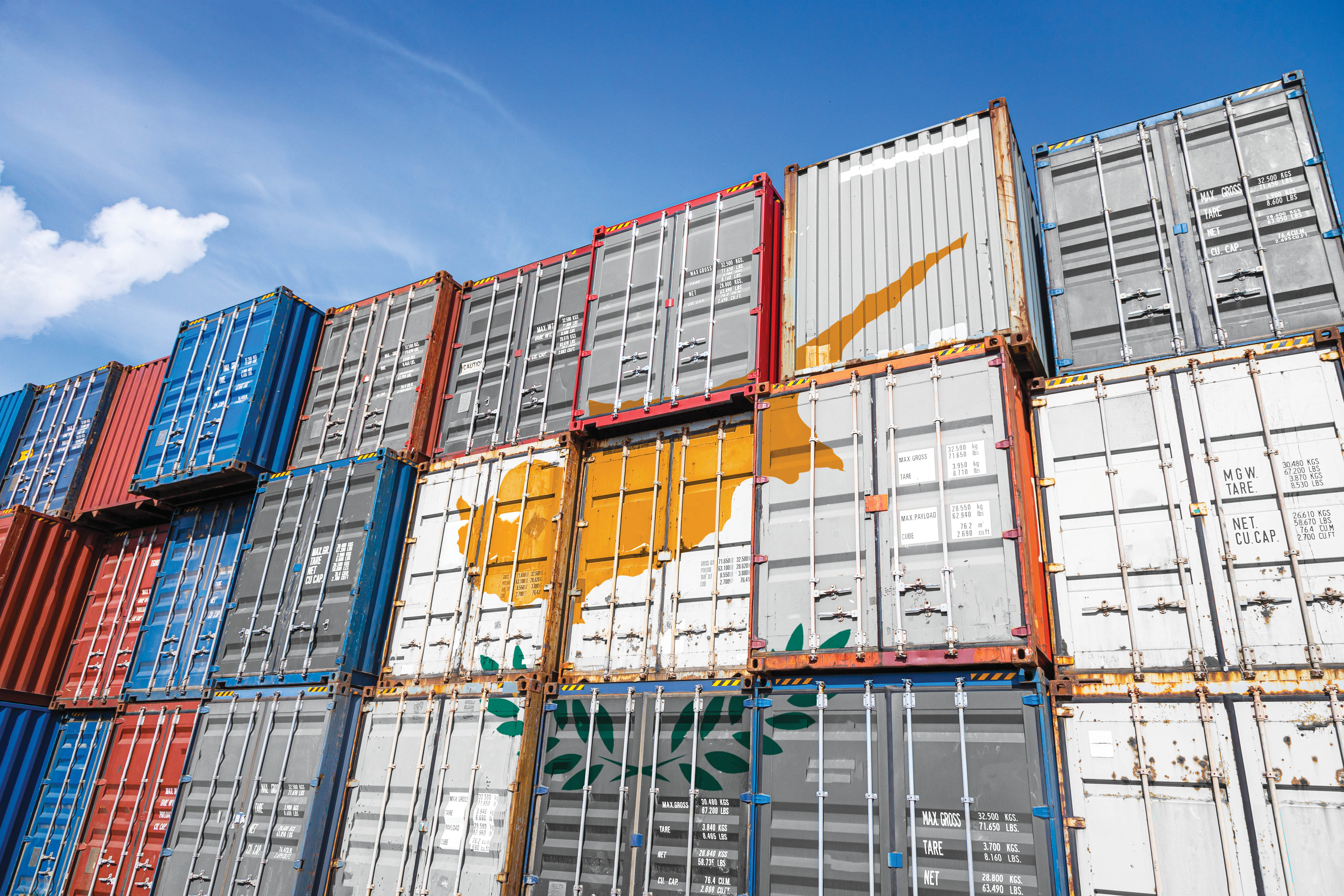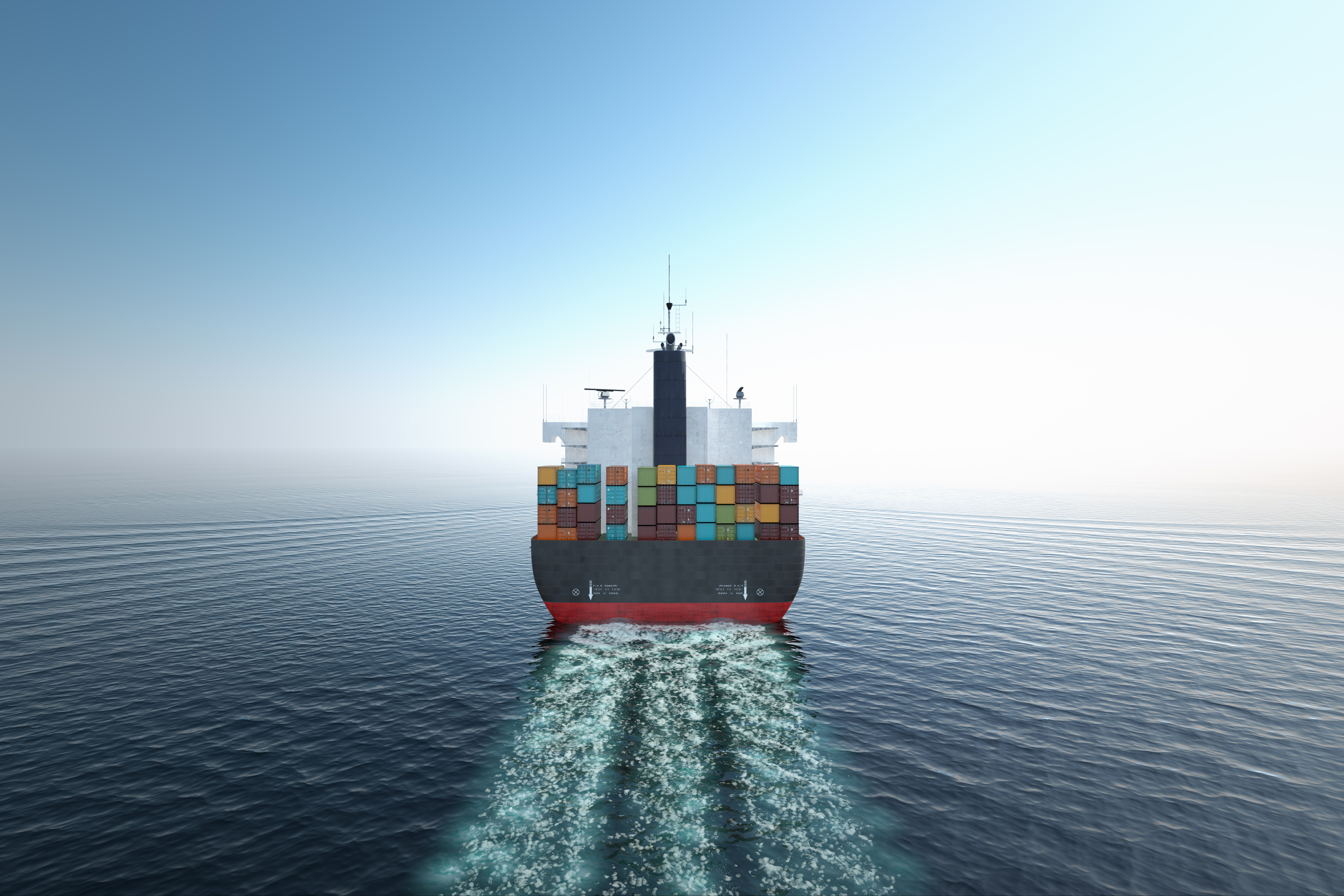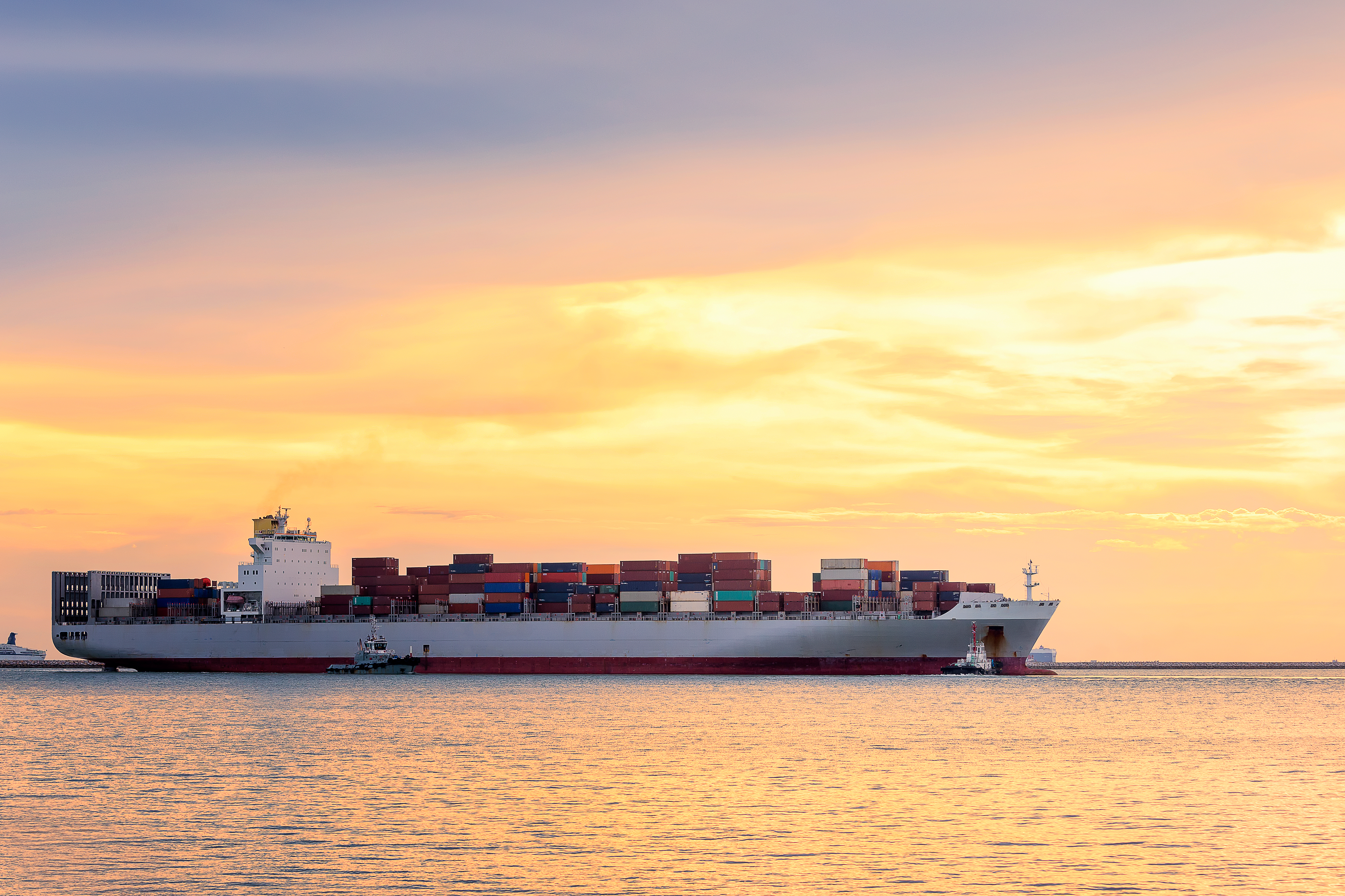How Cyprus is shaping global shipping through diplomacy, strategic ties and focusing on key issues
Cyprus stands at an important moment in its maritime history. The shipping sector has always been a cornerstone of the island’s economy, but 2025 has brought a confluence of developments that place Cyprus more firmly on the global map.
Leadership changes, major regulatory debates, digital transformation and a renewed commitment to equality have kept Cyprus in the international maritime conversation. From boardrooms in London and Brussels to ports in Limassol and Larnaca, Cyprus has projected confidence and ambition.
This editorial, inspired by our latest Cyprus 4.0 issue, sets out to capture that momentum. It reviews the most important developments affecting Cyprus’ shipping sector from January 2025 onwards, exploring how these events are reshaping competitiveness, opportunity and influence.
In addition, key points of focus include leadership in the maritime industry, equality, safety, the island’s flag registry, competitiveness, technology, the environment, global advocacy, the cruise sector and ministerial diplomacy.
The aim is to provide a concise but thorough recap for industry readers and policy makers ahead of Cyprus’ EU Presidency priorities later in the year.
Leadership shift at the ICS and what it means for Cyprus
Thomas Kazakos’ elevation to the leadership of the International Chamber of Shipping (ICS) is the single most consequential development for Cyprus shipping in 2025.
His formal assumption of the role on June 12, 2025 consolidated months of movement that began with his resignation from local board positions earlier in March 2025.
Kazakos brings to the ICS a deep familiarity with Cyprus’ maritime cluster and a reputation for practical engagement with shipowners and regulators.
“Kazakos’ appointment is a recognition of Cyprus’ strong voice in global shipping,” President Nikos Christodoulides said in June.
The practical effect of his leadership has been immediate in diplomatic corridors and technical committees where Cyprus now carries more weight in debates about decarbonisation and crew welfare.
Kazakos’ presence at the head of the ICS also helps amplify Cypriot concerns on seafarer issues, which have been a persistent theme this year.

Cyprus efforts to promote gender equality in shipping
Cyprus made sustained and visible efforts to promote gender equality across the maritime sector in 2025.
The deputy ministry of shipping announced a Gender Equality Award in March of this year to incentivise companies that advance women into leadership and technical roles.
In May, Cyprus marked the International Day for Women in Maritime with events that highlighted both progress and persistent barriers.
“Women are an integral part of our industry’s future,” Deputy Shipping Minister Marina Hadjimanolis said at the time.
The deputy ministry’s steps to create visibility and celebrate role models are important because cultural change in shipping often follows leadership signals and incentives.
Seafarer safety
Seafarer safety and welfare remained central to Cyprus’ agenda throughout the year.
Cyprus joined international partners in marking the Day of the Seafarer on June 25, 2025 and used the occasion to highlight practical measures for crew mental health and fair treatment.
Moreover, the country pushed for clearer crew-change mechanisms, improved seafarer welfare, and faster digital documentation at the IMO and regional forums.
Officials highlighted the flag’s strong compliance record, while new digital services aim to ease administration.
Seafarer safety now ranks alongside environmental standards as a key measure of flag quality.
Cyprus flag registry and its growth
The Cyprus flag has continued to demonstrate resilience and steady growth in 2025.
Officials reported in July 2025 that the registry’s tonnage and the number of ocean-going vessels remain among the highest in Europe.
The flag’s competitive combination of regulatory clarity, quality control and tax incentives has kept it attractive to shipowners seeking stability in a changing regulatory environment.
Cyprus’ handling of crises and its record of compliance have been central selling points for owners concerned about reputation and commercial continuity.
Government statements through the year underlined a strategy of measured expansion that preserves safety and environmental standards while growing the register.
Competitiveness of the Cyprus flag and maritime sector
Maintaining the competitiveness of the Cyprus maritime cluster has been a continuous concern for policy makers in 2025.
Deputy Shipping Minister Hadjimanolis made competitiveness a recurring theme during visits to Athens, Brussels and London in the first half of the year.
In July 2025 shipping stakeholders urged adjustments to FDI screening implementation to preserve Cyprus’ attractiveness for shipping-related investment.
Competitiveness is not only about fiscal incentives but also about predictable regulation, access to skilled labour and efficient port services.
Cyprus has therefore prioritised improvements in administrative digitalisation and in training to ensure that ship managers and owners can operate with minimal bureaucratic drag.
The government’s outreach to international partners has also aimed to secure bilateral pathways that enhance Cyprus’ market access and service exports.
Sustaining competitiveness will require balancing regulatory ambition on environment and safety with transitions that are commercially viable for owners.
Technology in shipping
Technology has emerged as a clear enabler for both competitiveness and compliance in Cyprus shipping this year.
Digitalisation of ship registry and seafarer services was announced in late August and is slated to simplify a wide range of administrative procedures.
Cyprus has also signalled interest in artificial intelligence and other maritime technologies through conferences and bilateral talks earlier in the year.
Collaboration with Finland on maritime tech was advanced during visits in May 2025 and has opened pathways for pilot projects and knowledge exchange.
The aim is to harness technology to reduce operating costs while improving safety and environmental performance.
Digitalisation also supports faster inspection regimes and better data sharing between ports, registries and operators.
The technology push therefore underpins many of the other policy priorities in this review.
Environmental issues
Environmental regulation has been a testing ground for Cyprus’ balancing act between ambition and competitiveness.
The debate about EU fuel and emissions rules intensified during 2025 with industry and government voicing concerns about costs and timelines.
Onshore power supply at Limassol port was the subject of a study announced in late July, as part of efforts to reduce emissions from berthed vessels.
Cyprus has also engaged actively in IMO conversations about carbon pricing and possible market measures earlier in April 2025.
The shipping community has sought transitional arrangements that allow owners time to adapt while ensuring environmental progress is not stalled.
Balancing these needs has been the central policy challenge for Cyprus as it seeks to be both green and commercially competitive.

Efforts to bolster the global maritime industry that stem from Cyprus
Cyprus has used diplomacy and hosting to amplify its influence on global maritime policy in 2025.
The country has promoted training, regulatory cooperation and brokerage in international fora as part of a wider economic strategy.
Visits to Gulf states, the United Kingdom and European partners have been designed to secure partnerships in education, crewing and technical services.
This outward-looking posture speaks to a strategy that links commercial promotion with capacity building in the wider Mediterranean region.
Cyprus cruise industry
The cruise sector in Cyprus began to rebound strongly in 2025 with Limassol emerging as a principal eastern Mediterranean call.
Operators and terminal managers described cruise activity as a significant contributor to local tourism recovery in mid-2025.
Investments in port infrastructure and in better passenger handling have been flagged as priorities to capture more calls and longer turnarounds.
Cruise growth also depends on improved regional scheduling and onshore services that maximise passenger spending and local economic benefit.
A resilient cruise season would support jobs in hospitality, transport and retail across coastal towns and cities.
Hadjimanolis’ efforts to bolster global maritime ties and promote Cyprus
Deputy Shipping Minister Marina Hadjimanolis has been a consistent and visible advocate for Cyprus shipping throughout 2025.
Her travel programme included visits to Helsinki, London, Riyadh and Doha where she pursued bilateral agreements and technical cooperation.
Her public messaging has linked the Cyprus flag’s quality with an agenda of equality, safety and modernisation.
Hadjimanolis has also used highlevel visits to press Cyprus’ case for projects and investments that support the wider maritime cluster.
Her energetic diplomacy has helped to keep Cyprus prominent in conversations about IMO governance and regional cooperation.
Future outlook
The period from January 2025 to the present has been one of consolidation and proactive engagement for Cyprus shipping.
Leadership at the ICS, a clear push on gender equality, investments in seafarer welfare, registry modernisation and a pragmatic approach to technology and environment have defined the year.
Challenges remain in balancing regulation with competitiveness, but the policy direction is coherent and outward facing.
What to watch next are the outcomes of Cyprus’ EU presidency priorities, the rollout of digital services and how international rules on fuel and carbon evolve.
With strong leadership at home and representation abroad, Cyprus is well placed to turn its policy initiatives into lasting competitive advantage.






Click here to change your cookie preferences